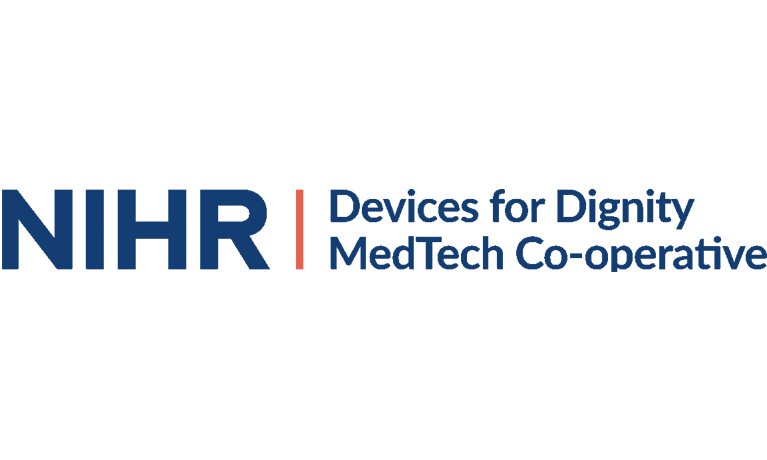
Use of digital self-management technology by older people with long-term health conditions
Project team
Funder
Abbeyfield
Total value of project
£19,986
Collaborators
- NIHR Devices for Dignity MedTech Cooperative (project lead)
- Sheffield Teaching Hospitals NHS Foundation Trust
Duration of project
12 months - 01/05/2021 - 30/04/2022
Project overview
Despite the availability and potential health benefits of digital technology, often it is not accepted and used by older people to support the self-management of long-term conditions. Whilst clinical trials and evaluations may prove the technology works, they do not always ensure the technology is liked, accepted and can, and will be used by older people. Unused technology can lead to poorly managed health and wellbeing, lower quality of life and further medical complications.
The provision of digital technology to older people may not be effective for a range of reasons for example, low motivation; digital literacy; insufficient support; language and communication skills; age-related mobility or cognitive restrictions. We are interested in understanding these reasons in order to improve the process of matching self-management technology to individual needs. The study focuses on three conditions common in the older population: chronic kidney disease, diabetes and dementia.
Project objectives
The objectives are to:
- identify individual enablers and barriers to the use of digital technology for the self-management of long-term conditions by older adults in three clinical areas -chronic kidney disease, diabetes and dementia
- develop recommendations for practitioners and technology developers to guide the design of, and provision/prescription of technology to older adults
Following a systematic literature review, the Delphi method will be employed to aggregate opinions from experts and form recommendations for practitioners and technology developers.
Impact statement
The knowledge generated will support the development of recommendations and interventions to improve the prescription of self-management technologies, and thereby support the uptake and value generation of new digital technology innovations.







